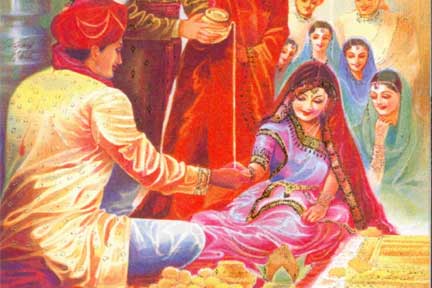Now that you’re through with your divorce proceedings, you may be in a dilemma as to what you should do now and how can you rebuild your life after divorce. Going through a divorce is pretty hard and it surely takes a toll on your health, both mentally and physically. You are a divorced person, and now it’s time to move on and […]
Reasons Why Marriages End In Divorce
As a Divorce Lawyer in New Delhi, I can say that Divorce rates are going up in India and marriages end in Divorce, and especially in metro cities like New Delhi. Couples aren’t really willing to stick together and are more than happy to fight it out in Courts. I’m not saying that their reasons for seeking a Divorce are wrong, I’m sure they must […]
Conditions For A Valid Marriage Under The Hindu Marriage Act, 1955
There are certain conditions which must be adhered to for a valid marriage between two Hindus under the Hindu Marriage Act, 1955. Violation and non-adherence of any of these conditions would not constitute a valid marriage. First of all, the groom should have completed the age of 21 years while the bride should have completed the age of 18 years at […]
Applicability Of Hindu Marriage Act, 1955 In India
Getting married is one of the biggest life changing experience one goes through during lifetime. One may either opt for the traditional way of spouse hunting i.e., letting the parents and relatives decide, or if one is fortunate enough to be in a relationship which is strong enough, one may choose to break the news to family and hopefully come […]



